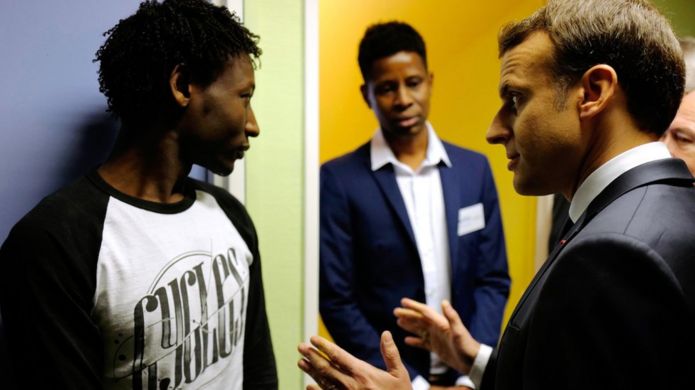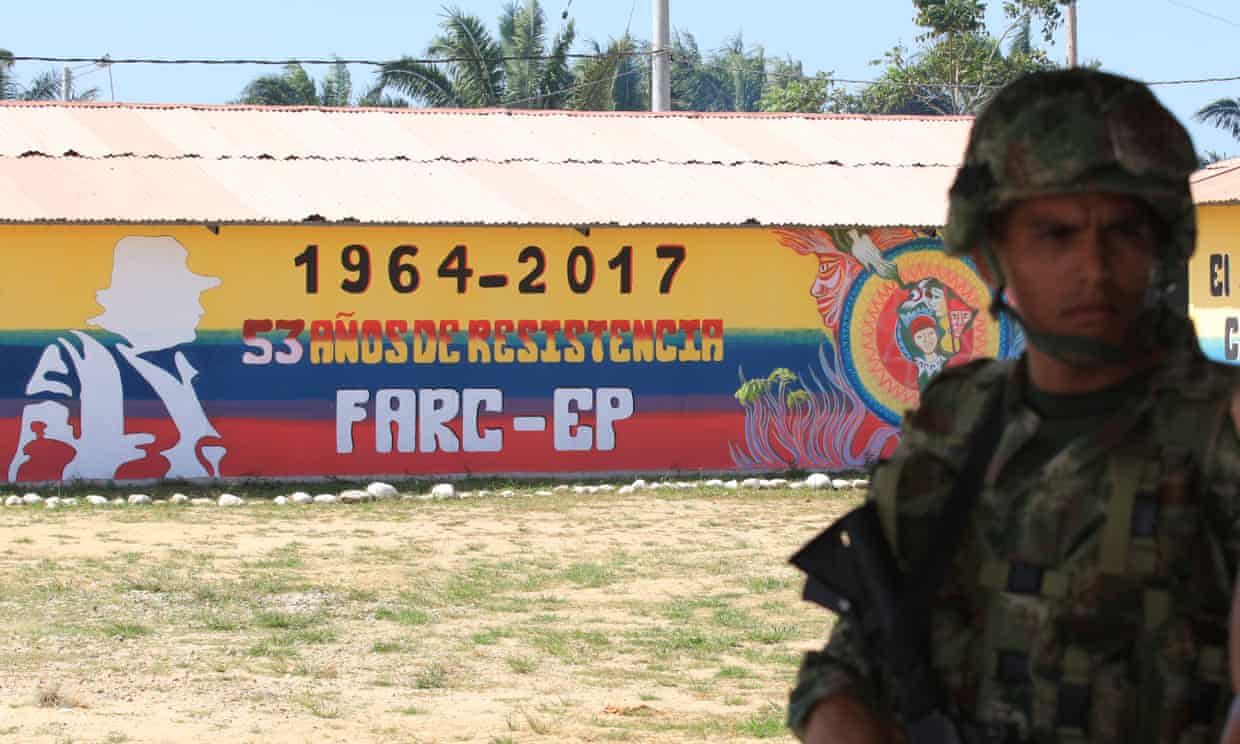By: Katherine Hewitt
Impunity Watch Reporter, Asia
BANGKOK, Thailand – For the past 13 years, armed conflict has been waging in Southern Thailand. The clashes are between Muslim-Malay insurgents and Thai troops and police. Most of the victims of the shootings and bombs are civilians. These attacks happen nearly daily. The Muslim-Malay fighters hope to gain more autonomy in this conflict.

Since the junta seized power in 2014 and started peace talks, incidents decreased. “This year’s [2017] death toll is the lowest ever if no significant incidents happen in the coming days” reports a Deep South Watch representative. As of a November 2017 report, the latest monthly report available on Deep South Watch’s webpage, there have been 37 incidents. This resulted in 18 death and 18 injured. Most of the victims have been male and between the ages of 18 and 59.
Adding to this list are 6 Thai rangers and a woman who were injured in a separate shooting and bombing on December 26, 2017.
The December 26th incident was a shooting. Four rangers drove through Jalan Kampung Daging-Kampung Bilok in Narathiwat, when “unknown individuals fires multiple shots at the vehicle.” All four received gunshot injurious. A stray bullet injured a civilian woman.
About half an hour later, a bomb exploded close to the scene of the shooting. Two rangers, helping the shooting victims, were injured.
For more information, please see:
The Straits Times – Death toll in Thailand’s southern conflict hits record low – 27 December 2017
Deep South Watch – Summary of Incidents in Southern Thailand, November 2017 – 7 December 2017



